Many experts in personal development assert that you’re either making a decision from fear or love. I believe there is truth in that statement, but I don’t think it’s that cut and dry.
Fear is a negative emotion and vibrates at a very low frequency. Love is a highly vibrating emotion. There is a broad range of feelings in between those emotions and some that go beyond them.
There are also different levels of fear and love. I can be so fearful that my heart pounds and palms sweat or I can be a little nervous with a few butterflies in my stomach. On the other hand, I can be flying high in excitement or just relaxing, loving my life in the moment.
What’s most important is that you’re aware of what emotion is driving your choices. If any type of fear or negative emotion is behind your thoughts, strategy, or action, I guarantee your outcome will never come close to fulfillment or peace.
Here’s a simple example. Veronica has decided to purchase a new car. She knows all the qualities, including price, of her perfect car. The first car she test drives fits the vision she has in her mind. The price is right. She smiles as she turns to the salesperson to say she’ll buy it.
Then a thought appears that she should continue car shopping to make sure she is making the right choice.
What’s driving Veronica’s thought to continue car shopping after she found the perfect one?
I believe we make decisions from the following perspectives:
- I don’t want to do this but I will. (Resistance.)
- I feel good, solid, excited, or at peace with doing this. (Trusting the outcome will be desirable.)
- I choose to do nothing because I don’t want to make the wrong choice. (Fear.)
- I choose to do nothing because I’m not clear yet on what will feel best. (Trusting that the guidance will come.)
- I’m making this decision because I’m hoping this will work out. (Moving between fear and trust.)
- I choose to say no/yes because I don’t want a negative outcome. (Fear based.)
- All of the choices don’t feel good so I won’t do anything. (Maybe fear but could be from trust if you believe that a better choice will reveal itself.)
It’s always best to hold out on making a decision until your emotions are in a neutral or positive state. Make decisions that move you toward your outcome and a state of peace.
If you catch yourself making decisions primarily to avoid “bad stuff,” you may want to rethink your criteria for making decisions.
When you trust yourself, you can trust that all will always be well. Sure, you may hit an icy patch of life, but you’ll recover quickly when you continue to make decisions that put your ideal outcome as the target.
